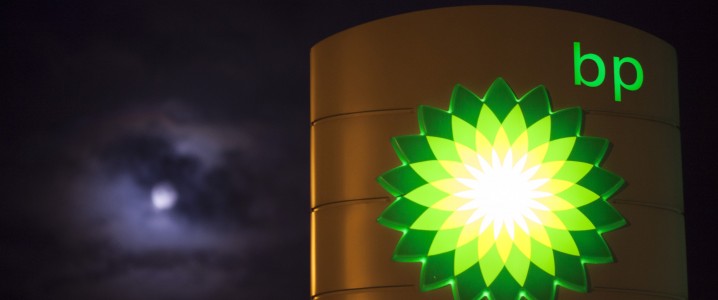
bp and Clean Planet Energy to advance the circular plastics economy
bp has signed a ten-year offtake agreement with Clean Planet Energy, a UK-based company that is developing facilities to convert hard-to-recycle waste plastics into circular petrochemical feedstocks and also into ultra-low sulphur diesel (ULSD). Clean Planet Energy designs and builds facilities — which they refer to as ecoPlants — that are expected to process plastics typically rejected by traditional recycling centres and so would otherwise be sent to landfill or incineration.
Under the new agreement bp will initially receive the output of Clean Planet Energy’s first facility, currently under construction in Teesside in the north-east of England. The Teesside facility is designed to have the capacity to process 20,000 tonnes a year of waste plastics into naphtha and ULSD. The naphtha can be utilised as feedstock into circular plastics value chains, which is aligned with bp’s aim of unlocking new sources of value through circularity, keeping products and materials in use for longer. Clean Planet Energy will provide bp with the opportunity to expand the relationship by offtaking products from its future plants beyond Teesside.
Information Source: Read More
Oil and gas, press , | Energy, Climate, Renewable, Wind, Biomass, Sustainability, Oil Price, LPG, Solar, Electric,

